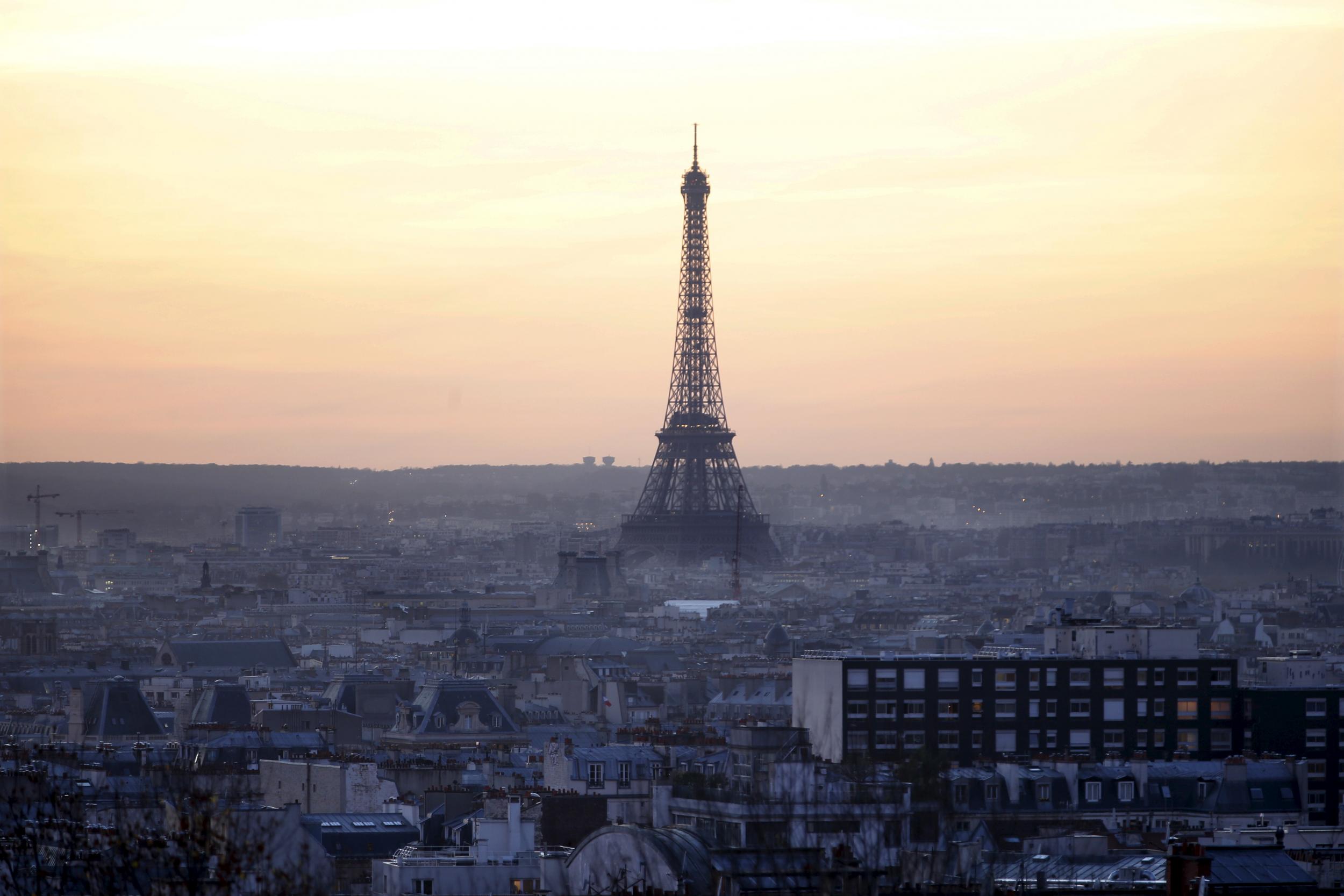Anti-terror laws are challenging the founding principles of the French Republic
There is a strong possibility that newmeasures will become a permanent part of French legal code, just as the Patriot Act became law in the US during 2001

America’s first ambassador to France, Benjamin Franklin, famously said in 1773 that “those who surrender freedom for security will not have, nor do they deserve, either one.” In 2016, instead of ''Liberté, Égalité, Fraternité'', the motto of the French Republic is fast becoming ''Sécurité, Égalité, Fraternité'.
The state of emergency laws put in place since the Bataclan attacks are unlike any law and order legislation France has seen in the last half century. New measures mean police have the power to arrest without a mandate, and enter private property to seize items without a warrant. The state can now control and ban gatherings, as well as censor media which goes against public order. Mosques or any other institutions which are accused of extremism can be shut down immediately. These laws were incorporated for a provisional three months, but rumours abound that they could be extended well beyond that.
The numbers associated with this state of emergency are staggering. During only the first month of new legislation, the French police arrested 360 people and completed 2700 searches without warrants.
According to polling, the reforms are popular among the French as well as supported by almost all French MP barring a few dissidents among the Socialists and the Greens. Unsurprising, perhaps, given that Prime Minister Manuel Valls said a chemical or bacteriological terrorist attack was a possibility for France while selling his law to parliamentarians a few months back.
But as 9/11 tells us, there is a strong possibility that these measures will become a permanent part of French legal code, just as the Patriot Act became law in the US during 2001. Is France moving, as Amnesty International puts it, “a step closer to a surveillance state”? When a Socialist Party MP says on TV that a ''state of emergency is fine because we're able to bypass the judge'', it does look suspiciously like the creep of authoritarianism.
Much talk in the past year has centred on the growing authoritarianism and new arbitrary measures being passed by governments in Hungary and Poland. In the wake of the Bataclan attacks, though, France seems ever more willing to follow this same path, all in the name of apparent safety. It is a path becoming more and more permanently consolidated by law, while simultaneously moving further and further away from the spirit of the French Republic, which sought to respect, above all, the rights of the individual. Now we risk seeing elementary rights of the people – liberty of association, the right to a fair trial – being compromised – a remarkable situation given that this is the country which created the Declaration of the Rights of Man and of the Citizen in 1789.
In a sense these eroded rights and liberties suggest the terrorists have sadly won a part of the battle. By using fear and terror to slowly remove the values we French believe in – and by rendering societies and governments ever more illiberal in reaction to this terror, we are waving a small white flag of defeat. Is this not fundementalism’s greatest aim? That, in the end, we all live in darkness, in a state where ''liberté'' is restrained all in the name of public safety?
Join our commenting forum
Join thought-provoking conversations, follow other Independent readers and see their replies
Comments
Bookmark popover
Removed from bookmarks